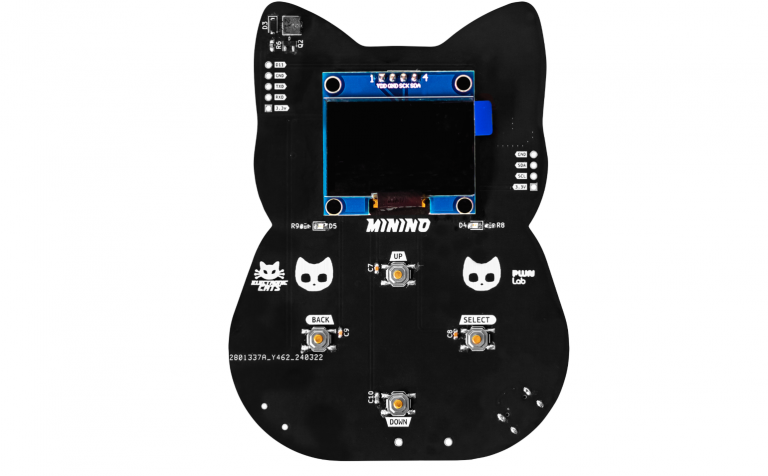OpenGL is the industry’s most widely accepted 2D / 3D graphics API since its birth has spawned a variety of computer platforms and thousands of excellent applications on the device. OpenGL is independent of the Windows operating system or other operating systems, is also a network transparent. In engineering, including CAD, content creation, energy, entertainment, game development, manufacturing, pharmaceutical and virtual reality, OpenGL helps programmers achieve high performance and impact on hardware devices such as PCs, workstations, supercomputers The development of high visual expression graphics processing software.
OpenGL 4.6 integrates the many ARB and EXT extensions created by AMD, Intel, and NVIDIA into the kernel, including the ability to take SPIR-V ™ shaders.
SPIR-V is a standard intermediate language for parallel computing and graphics that enables content creators to simplify their shader creation and management processes while providing important source coloring language flexibility. OpenGL 4.6 adds support for the core specifications of the SPIR-V shader.
OpenGL 4.6 adds these ARB extensions to the core specification of OpenGL:
- GL_ARB_gl_spirv and GL_ARB_spirv_extensions with standardized OpenGL SPIR-V support
- GL_ARB_indirect_parameters and GL_ARB_shader_draw_parameters to reduce CPU overhead associated with rendering batch geometry
- GL_ARB_pipeline_statistics_query and GL_ARB_transform_feedback_overflow_query Standardized OpenGL Supported Direct3D Features
- GL_ARB_texture_filter_anisotropic (based on GL_EXT_texture_filter_anisotropic ) brings the previous IP protection to OpenGL to improve the visual quality of the texture scene
- GL_ARB_polygon_offset_clamp (based on GL_EXT_polygon_offset_clamp ) suppresses common visual artifacts associated with rendering shadows, known as “light leaks”
- GL_ARB_shader_atomic_counter_ops and GL_ARB_shader_group_vote added support for the internal functions of the shader of all desktop vendors to improve functionality and performance
- GL_KHR_no_error Reduces driver costs and reduces errors by allowing applications to indicate the desired error-free operation
In addition, the following extensions are included:
- GL_KHR_parallel_shader_compile Allows the application to start multiple shaders to compile threads to improve shader compilation throughput
- WGL_ARB_create_context_no_error and GXL_ARB_create_context_no_error allow WGL or GLX that supports the GL_KHR_no_error extension to create an error-free context
The OpenGL 4.6 specification can be found at https://khronos.org/registry/OpenGL/index_gl.php
Complex graphics applications will also benefit from a new set of extensions to OpenGL and OpenGL ES to enable interoperability with Vulkan and Direct3D. These extensions are as follows:
- GL_EXT_memory_object
- GL_EXT_memory_object_fd
- GL_EXT_memory_object_win32
- GL_EXT_semaphore
- GL_EXT_semaphore_fd
- GL_EXT_semaphore_win32
- GL_EXT_win32_keyed_mutex
Can be found here: https://khronos.org/registry/OpenGL/index_gl.php
For details, please refer to the release notes



